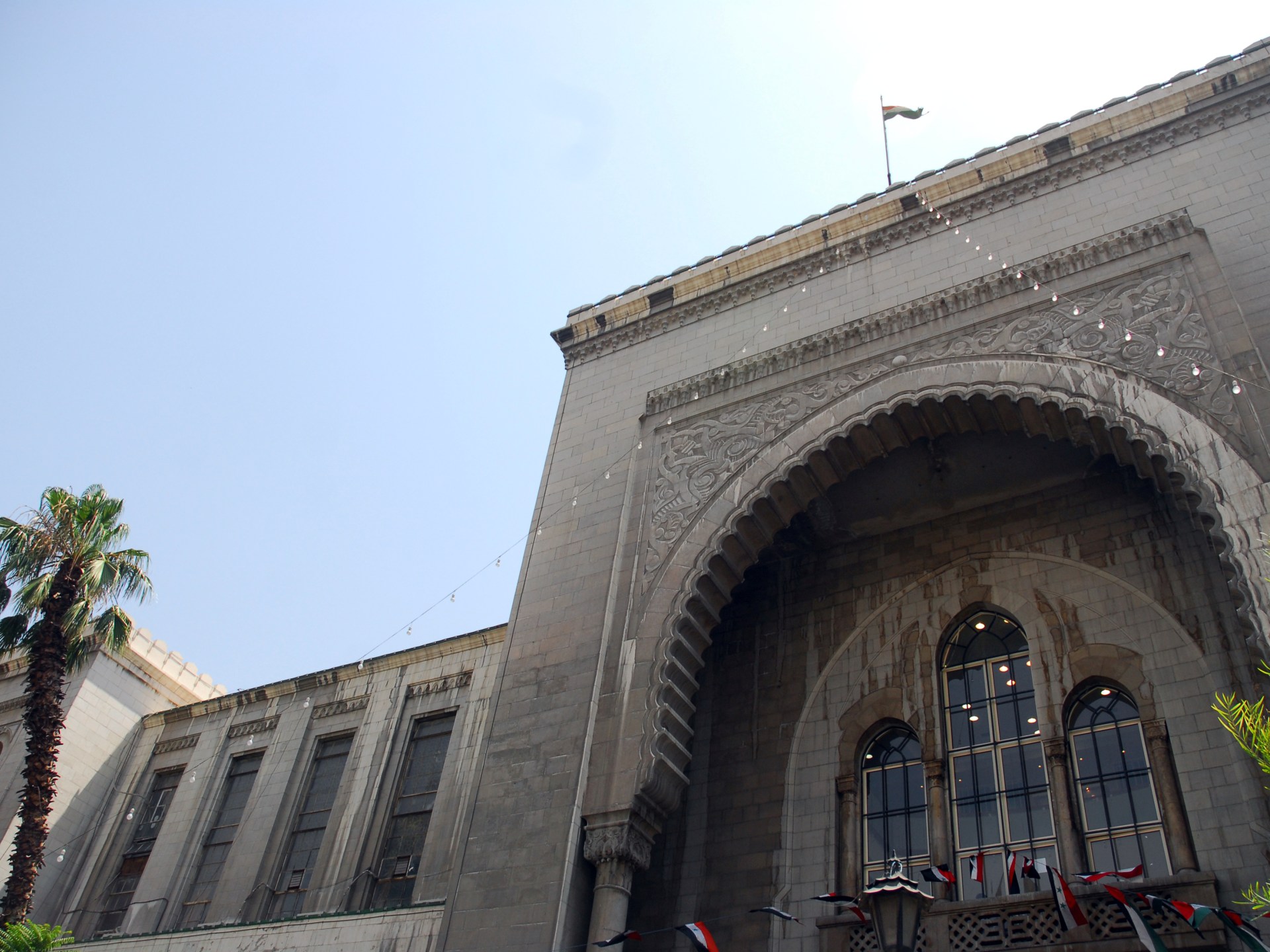An investigative report, published on Tuesday, said that Syria is witnessing the largest real estate theft in its history carried out by security and military networks affiliated with the Syrian regime that affect the homes of Syrian refugees.
The British newspaper "The Guardian" published the investigative report, in cooperation with the civil organization "The Day After" and the Syrian Unit for Investigative Journalism "Siraj".
The seizure of refugees' homes is a major obstacle to their return to their homes, the investigation said.
According to the investigation, counterfeiters benefit from the absence of real owners, the long litigation periods if forgery cases reach the courts, and the network's experience in forgery and their cooperation with lawyers, notaries, employees and owners of real estate offices.
The investigation shows that the forgers are security officials, influential persons, those with security connections, or military officers, including members of the forces of the Fourth Division led by Maher al-Assad, brother of Syrian President Bashar al-Assad.
Forging size
The Syrian Unit for Investigative Journalism says that the pace of property forgery has escalated in the past two years, as the Justice Palace in Damascus and its countryside received more than 125 victims of forgery, who filed lawsuits after discovering the forgery of their home properties, while they were abroad during the first half of 2022.
At a time when Arab countries and governments are rushing to normalize with the Syrian regime under the pretext of securing the return of Syrian refugees to their areas, villages and towns, we reveal in this investigative report with the British Guardian:
https://t.co/lY3f2PbA6h
how networks of counterfeiters work to expropriate refugees. (1/14)
— SIRAJ (@SIRAJ_SYRIA) April 25, 2023
The unit, known by its acronym Siraj for short, adds that the majority of property forgeries do not reach the judiciary, either because the owners are unaware of what is happening to their property because they are outside the country, or because they cannot hire a lawyer to defend them due to financial or security obstacles (such as obtaining security approval to hire a lawyer) or because of their death.
The investigative investigation touched on the statements of the head of the branch of the Bar Association in Damascus countryside, Muhammad Osama Burhan, last August, about the arrest of a number of lawyers who forged agencies to sell real estate, in addition to forging legitimate agencies, especially for people residing outside Syria.
The investigation also included statements by the former head of the Syrian Bar Association, Nizar Al-Skaif, about the fate of lawyers who commit fraud, as he said that the number of lawyers decreased from 28,25 to <>,<>, as a result of the dismissal of a large number of them due to actions unworthy of the lawyers' profession, including forgery.
Testimonies of victims
The investigation cited many testimonies of Syrians whose homes were burglarized, such as Abdullah because they sought refuge outside the country and were unable to recover their homes through the judiciary.
"My house was robbed by one of my relatives associated with the Al-Ghaith Forces militia of the Fourth Division, by filing a lawsuit in the Qatana court in Damascus countryside, and attaching a forged sale contract with it, claiming that I sold the house in 2013 and received its full price," the victim explains.
Abdullah refuses to return to Syria as long as the current regime is in power and because he is wanted by security.
As for Iman, she recounts how she returned from Turkey to Syria in November 2021, to visit her family and see her house inside Syria, only to discover that the tenant now owns her house and has proof of ownership in his name.
"It shocked me... He told me, 'You sold me the house based on a power of attorney from Istanbul in your name.'"
Fourth Year
According to the investigation, lawyer Abdel Nasser Hoshan, a member of a Syrian lawyers' association, links the forgery to networks and individuals linked to the Fourth Division, as it is the economic and security arm and the gateway to seize many economic projects.
The investigation into cases of seizure of Syrian homes details changing the name of the owner in the land registry, then changing the name of the real owner, and then extracting a real estate registration statement or title deed.
"The phenomenon of seizing real estate continues, because real estate is a major source of wealth accumulation for militias and businessmen linked to the regime, as these benefit from the absence of many Syrians who left their homes and are unable to return for political reasons," said Joseph Daher, a professor at the European University Institute.
Syria is suffering from one of the world's largest displacement and refugee crises, with the United Nations High Commissioner for Refugees (UNHCR) saying the war has forced more than 13 million people to either flee the country or flee within it.

